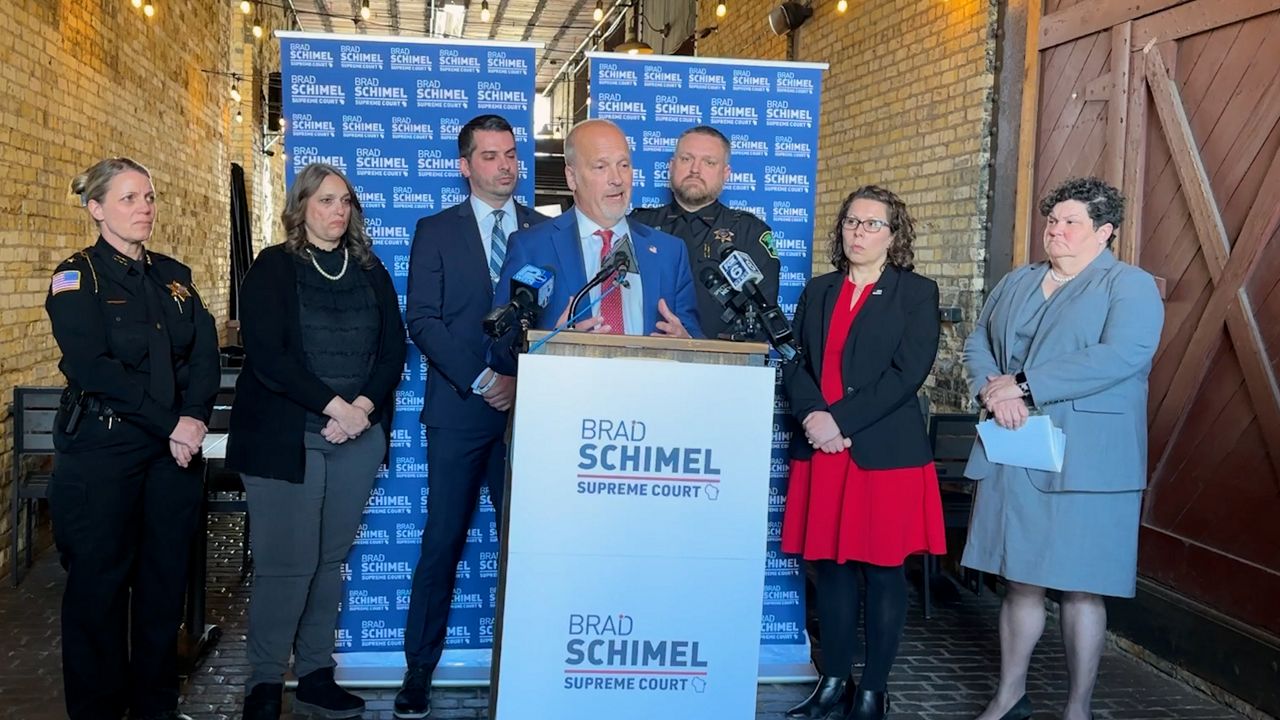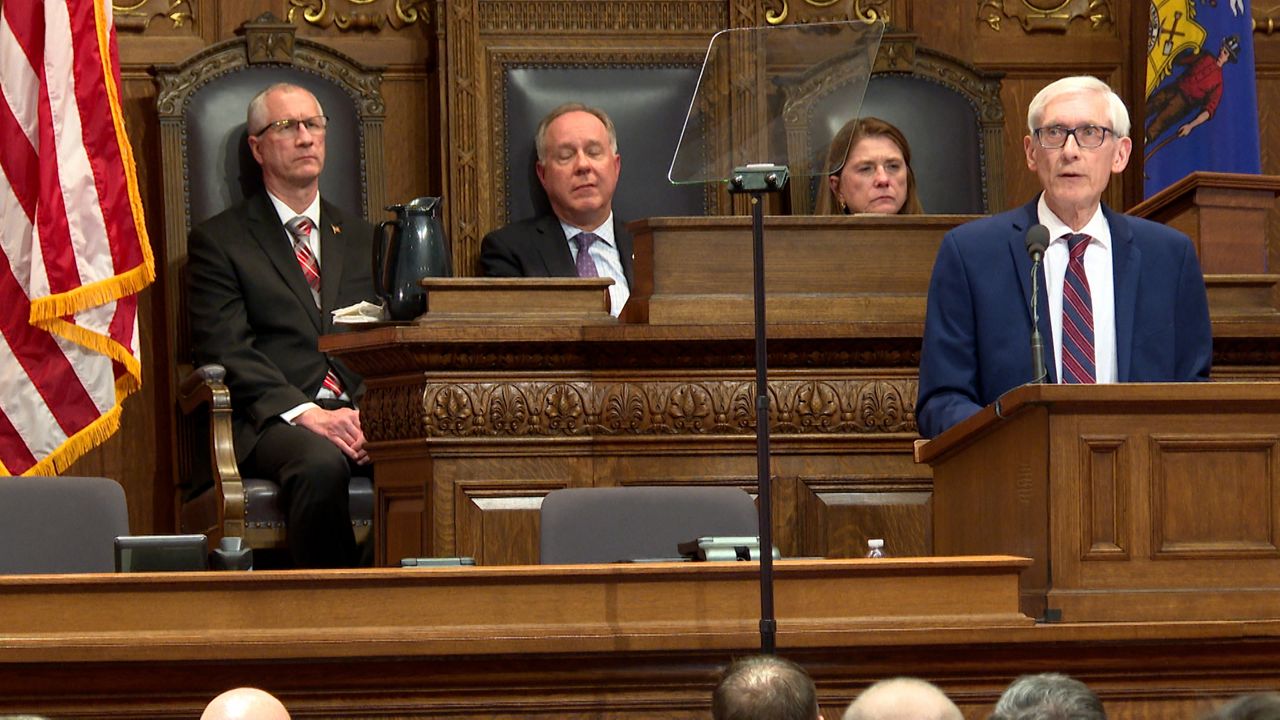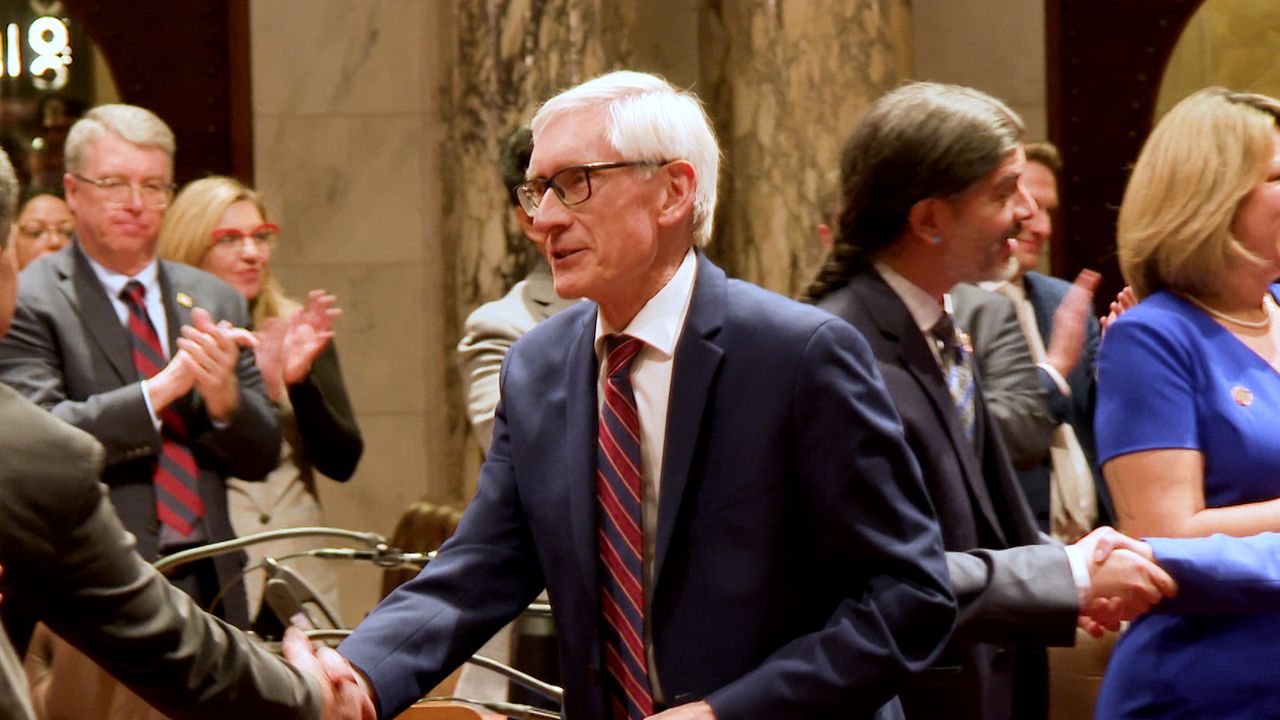MADISON, Wis. — Republican lawmakers in battleground state Wisconsin want to change state law to allow candidates to remove their names from the ballot, addressing an issue that arose after Robert F. Kennedy Jr. tried to get off the presidential ballot last year but couldn't.
Kennedy wanted to rescind his name from the ballot in Wisconsin and six other swing states after dropping his independent bid in late August and endorsing now Republican President Donald Trump in the tight contest. Kennedy did not fight for removal in most states where the presidential race was not competitive.
Kennedy successfully removed his name from the ballot in the swing states of Pennsylvania, Georgia, North Carolina, Arizona and Nevada. But he remained on the ballot in Michigan because courts there said he made his request too late. He stayed on in Wisconsin because under state law, the only way a certified candidate can be removed from the ballot is if they die.
“Wisconsin is just one of four states that has one of these ridiculous, rigorous requirements that the only way you can get off a ballot is to be dead,” State Rep. David Steffen, R-Howard, who co-authored the legislation with State Sen. Van Wanggaard, R-Racine, said.
“This bill is being done for three things: one is for candidate accommodation, two; voter clarity, and three; just to get rid of something stupid that’s in our state law,” he added.
Wisconsin's law for removal is one of the most restrictive in the country, according to the National Conference of State Legislatures.
Kennedy took his fight to get off the ballot in Wisconsin and Michigan to the U.S. Supreme Court, but his emergency request was rejected without comment. His request came after early voting had begun in both states.
The bill currently being circulated for co-sponsorship by Steffen and Wanggaard would change state law so candidates for state and federal offices could rescind their names from the ballot. However, it would not apply to major party candidates for president because of the unique ways in which they are selected.
“The voters play a role in determining who is on the ballot for presidential, major party elections, but the reality is, and we saw this with Biden and Kamala Harris, that actually the party plays the larger role in that,” Steffen explained.
Under the proposal, a candidate could withdraw their candidacy by submitting a sworn statement to the Wisconsin Elections Commission and paying a nominal fee.
To become law, the bill would have to be approved by the Republican-controlled legislature and signed into law by Democratic Gov. Tony Evers. His spokesperson did not return a message seeking comment on the measure.
“This isn’t going to happen often, but what I don’t want to have happen is the duplication of what we saw last election where more than one candidate in our state was trying to get off a ballot, did not want to serve, would not have accepted the position if they were elected to it, and allow them an opportunity to get off the ballot," Steffen, who hopes the measure earns bipartisan support as it moves through the process, said. "This is such common sense.”
Trump won in Wisconsin and Michigan despite Kennedy remaining on the ballot. The number of votes Kennedy got in each state was less than Trump's margin of victory.
In Wisconsin, Kennedy got fewer than 18,000 votes, or about 0.5% of the vote total. In Michigan, he got about 27,000 votes, also roughly 0.5% of the total. Trump won Wisconsin by about 29,000 votes and he won Michigan by about 80,000 votes.
Trump has nominated Kennedy to lead the Department of Health and Human Services. The first of two confirmation hearings is scheduled for Wednesday.







)



